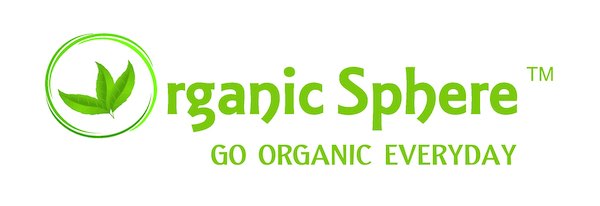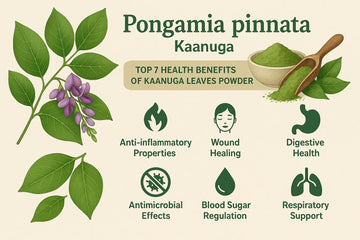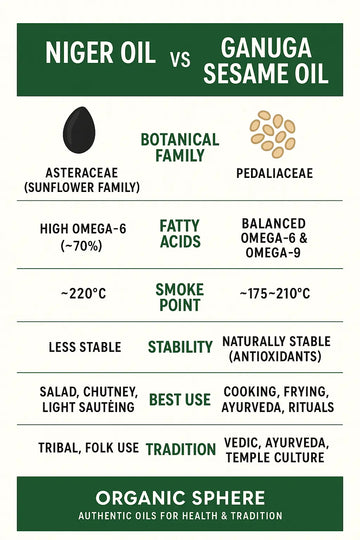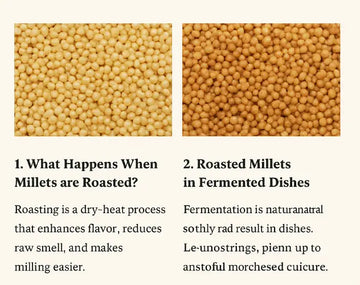The Dangers of Poison: How Pest Control Harms Ecosystems
When we use poison to control pests, we may think it's a simple solution. See a rat? Use poison. See bugs? Use spray. But this starts a chain of harm that affects many animals and disrupts ecosystems.
How Poison Moves Through the Food Chain
A small amount of poison in a garden or home doesn't stay in one place. It spreads through plants, insects, birds, and animals, becoming stronger at each step.
Beginning of the Chain
Many types of poison enter the environment:
-
Rodent pastes (like glycopaste): Used to kill rats and mice. These are eaten directly or passed along to animals that eat the rodents.
-
Weed killers (like glyphosate or Roundup): Applied to plants or soil. These chemicals are absorbed by plants and spread to insects, birds, and other animals that interact with those plants.
Plants absorb poison from the soil. Insects eat these plants. Birds eat seeds or insects. Small animals like mice, squirrels, and rabbits eat poisoned food or bait.
Predators Get Hit
Predators eat these smaller animals and also get poisoned. Spiders, birds, and toads eat toxic prey. Larger animals like foxes, hawks, owls, snakes, and even pets eat poisoned creatures and receive higher doses of poison.
Toxins Build Up
This process, called bioaccumulation, means poison increases as it moves up the food chain. A hawk that eats several poisoned mice gets a heavy dose. These doses can kill animals that were not targeted.
Ecosystem Effects
When animals in the chain are poisoned, the whole system is affected:
-
Pest control weakens. Animals like owls and foxes that keep rodent numbers in check die off, leading to more pests.
-
Pollination slows. Insects that help plants reproduce are killed.
-
Soil becomes weaker. Worms and bugs that help soil stay healthy are harmed.
-
Fewer species survive. As more animals are affected, the balance of life is lost.
Poison Spreads in Water and Soil
Poison doesn’t stay in one spot. Rain carries it into streams and lakes, harming fish and contaminating water. It stays in soil for years and continues affecting plants and animals.
Common Poisons to Watch
-
Glyphosate (Roundup): Used to kill weeds, but it can affect soil life, insects, and water systems.
-
Rodent paste (glycopaste): Strong bait for rats, but dangerous to all animals that eat the rodents afterward.
-
Broad-spectrum sprays: Kill both pests and helpful insects.
Better Methods Exist
There are safer ways to manage pests:
-
Integrated Pest Management (IPM): Combines traps, natural predators, and smart planning instead of using strong chemicals.
-
Support natural predators: Add owl boxes, bat houses, and grow native plants.
-
Block entry: Seal holes, store food well, and remove nesting places.
-
Use biological controls: Introduce bugs or bacteria that target specific pests.
Organic Sphere's Commitment
At Organic Sphere, we do not sell any product that contains chemicals or synthetic residues. We source all our foods from farms that use only natural methods—including traditional fertilizers like cow dung and other natural inputs—to ensure there are no chemicals or traces of chemicals in what we offer. Our goal is to keep both human health and the environment safe.
Make the Right Choice
Poison changes nature’s balance. Safer choices work with nature, not against it. Everything in nature is connected. When we poison one part, we affect the whole.
Next time there is a pest problem, remember—there are better options. Nature depends on our choices.





